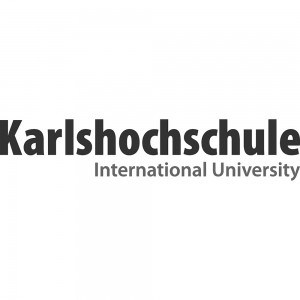Photos of university / #uniofyork
Advertisement
This master's course offers the opportunity to acquire the core knowledge and skills necessary to engage in philosophical research. As such it is an ideal preparation for doing a PhD in Philosophy. The MA in Philosophy may be pursued as a one-year, full-time course or a two-year, part-time course. It offers an opportunity to gain the knowledge and skills necessary to engage critically with contemporary philosophical issues.
The course is taught by the Mind editorial team: Tom Baldwin (Ethics), David Efird (Philosophy of Mind and Language) and Tom Stoneham (Metaphysics and Epistemology). Additionally, both Tom Baldwin and David Efird have won Vice Chancellor's Teaching awards for 2006.
The MA Seminar
The MA Seminar is designed to provide students with detailed knowledge of the core areas of Philosophy. The Seminar consists of three modules:
* Metaphysics and Epistemology
* Philosophy of Mind and Language
* Ethics
The Seminar in Research Skills
The Seminar in Research Skills is designed to provide students with a grounding in the skills necessary to contribute to contemporary philosophical debates. The seminar is taught in two terms: in the first term, students learn how to analyse and present advanced research papers; in the second term, they acquire the skills necessary for determining and surveying the resources relevant to a particular research topic, and present their research to colleagues.
The Project
The Project gives students experience in approaching a well-defined philosophical problem. The project topics are taken from staff current research interests. Under the guidance of a specialist in the area, they apply the knowledge gained in the taught modules and the expertise acquired through the Seminar in Research Skills.
The Dissertation
As an application of the core knowledge, skills and experience gained in the previous stages of the course, the Dissertation enables students to produce a sustained piece of critical writing on a topic of their choosing. A member of staff with expertise in the relevant area will provide supervision.
Teaching and Learning Methods
The course is taught by seminars and individual or small group tutorials, permitting students and staff to systematically explore complex issues at the forefront of Philosophy.
Teaching
Seminars and individual or small group tutorials.
Credit Structure
* Metaphysics and Epistemology (20 Credits)
* Mind and Language (20 Credits)
* Ethics (20 Credits)
* Seminar in Research Skills (10 credits)
* Project (20 credits)
* Dissertation (90 credits)
Assessment Structure
* Metaphysics and Epistemology (12.5%)
* Mind and Language (12.5%)
* Ethics (12.5%)
* Project (12.5%)
* Dissertation (50%)
Admission Criteria
Normally upper second class honours or equivalent in an undergraduate Philosophy degree
Want to improve your English level for admission?
Prepare for the program requirements with English Online by the British Council.
- ✔️ Flexible study schedule
- ✔️ Experienced teachers
- ✔️ Certificate upon completion
📘 Recommended for students with an IELTS level of 6.0 or below.










